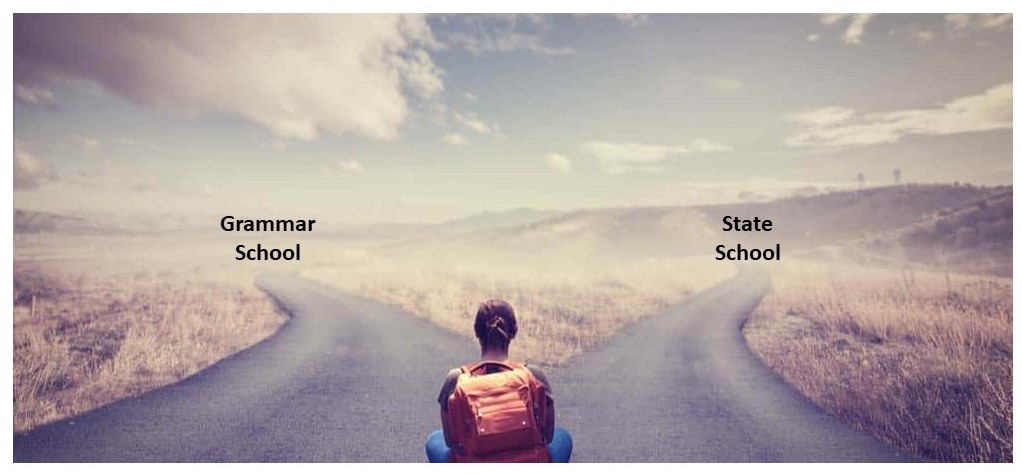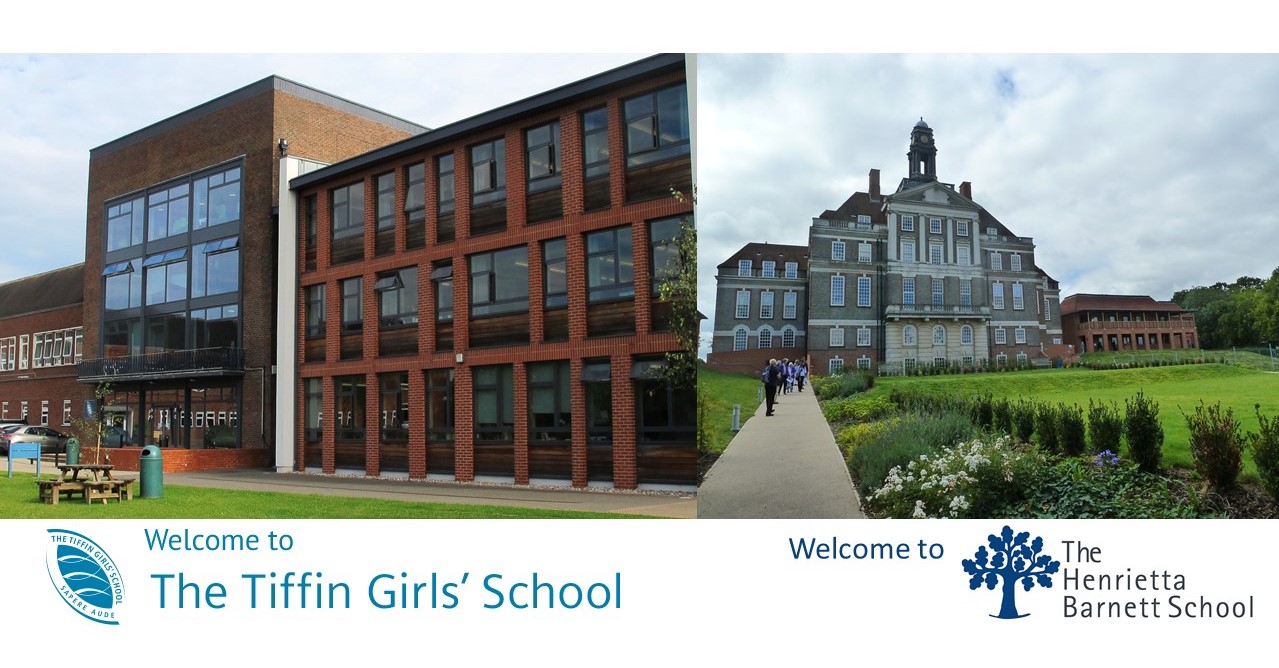
The education process in United Kingdom is very structured and is divided into five main stages. Many parents who are new to UK or at the edge of their child starting academic journey, look forward to more information about this structure, process, milestones and requirements.
Children in the UK have to legally attend primary and secondary education which runs from about 5 years old until the student is 16 years old.
The education system in the UK has certain stages as below:
Reception: 4 to 5 years old
Key Stage 1: 5 to 7 years old – Year 1 and Year 2
Key Stage 2: 7 to 11 years old – Year 3, Year 4, Year 5 and Year 6
Key Stage 3: 11 to 14 years old – Year 7, Year 8 and Year 9
Key Stage 4: 14 to 16 years old – Year 10 and Year 11 - GCSE
Sixth Form: 16 to 18 years old – Year 12 and Year 13 – A level
_1630939081.jpg)
Primary school education begins in the UK at age 5 and continues until age 11, comprising key stages one and two under the UK educational system.
There are two exams SATs , one each at the end of Year 2 and second at the end of Year 6. These SATs normally tests student learning progress on Numeracy and Literacy level.
Secondary school education begins in the UK at age 12 and continues until age 16, comprising key stages three and GCSE under the UK educational system.
For admission to year 7 in some schools such as Grammar and Independent schools, students sit Common Entrance Exam in year 6. This exam is also popularly known as 11 Plus exam. Each school has their own format for their entrance exam.
Years 7 and 8 are the first two years of secondary school education in the UK. In some independent schools they are included in the Junior School, in others, they are part of the Senior School.
Under the UK school system, all students study English, Maths, Sciences, a Humanity and a Modern Language. Besides these subjects, each school has a list with optional subjects (Art, Music, Drama, Latin, Sport Science, Design Technology, Computer Science), and students may choose a few subjects that interest them.
Year 9 is a very important year in the academic journey in UK, as most of the students make a choice of their subjects for GCSE. It is also a very good foundation for the GCSE programme and it narrows down the subject list to a student’s choice.
In the last two years of secondary education, which are called Year 10 and Year 11, starting at age 14, students prepare for GCSE exams that are taken after two years (General Certificate of Secondary Education). Currently UK education system follows linear module where a student is assessed for his/her GCSE subjects at the end of Year 11 (after two years of GCSE program)
In the UK school system, during the GCSE programme, students’ study between 9 and 12 subjects. Some of them are compulsory (English, Math, double or triple Sciences, History/Geography, a Modern Language etc.), some are chosen by each student according to their abilities and preferences. At the end of the 2-year GCSE programme, following the examinations on each studied subject, students receive their GCSE Certificates.
The chosen subjects and the GCSE results are very important for their Further Studies (A-Levels) and for their university admission.
After successful GCSE, once a student reaches the age of 16, they can start a 2-year programme which leads to A (Advanced) level examinations. Students specialise in 3 or 4 subjects, that are usually relevant to the degree subject they wish to follow at university. A-levels are state examinations and are recognised by all UK universities and by institutions worldwide.
At the end of Year 13, following the examinations in each subject, the students receive A level Certificates. During Year 13, student decides on the subjects and university to apply for their further education.

